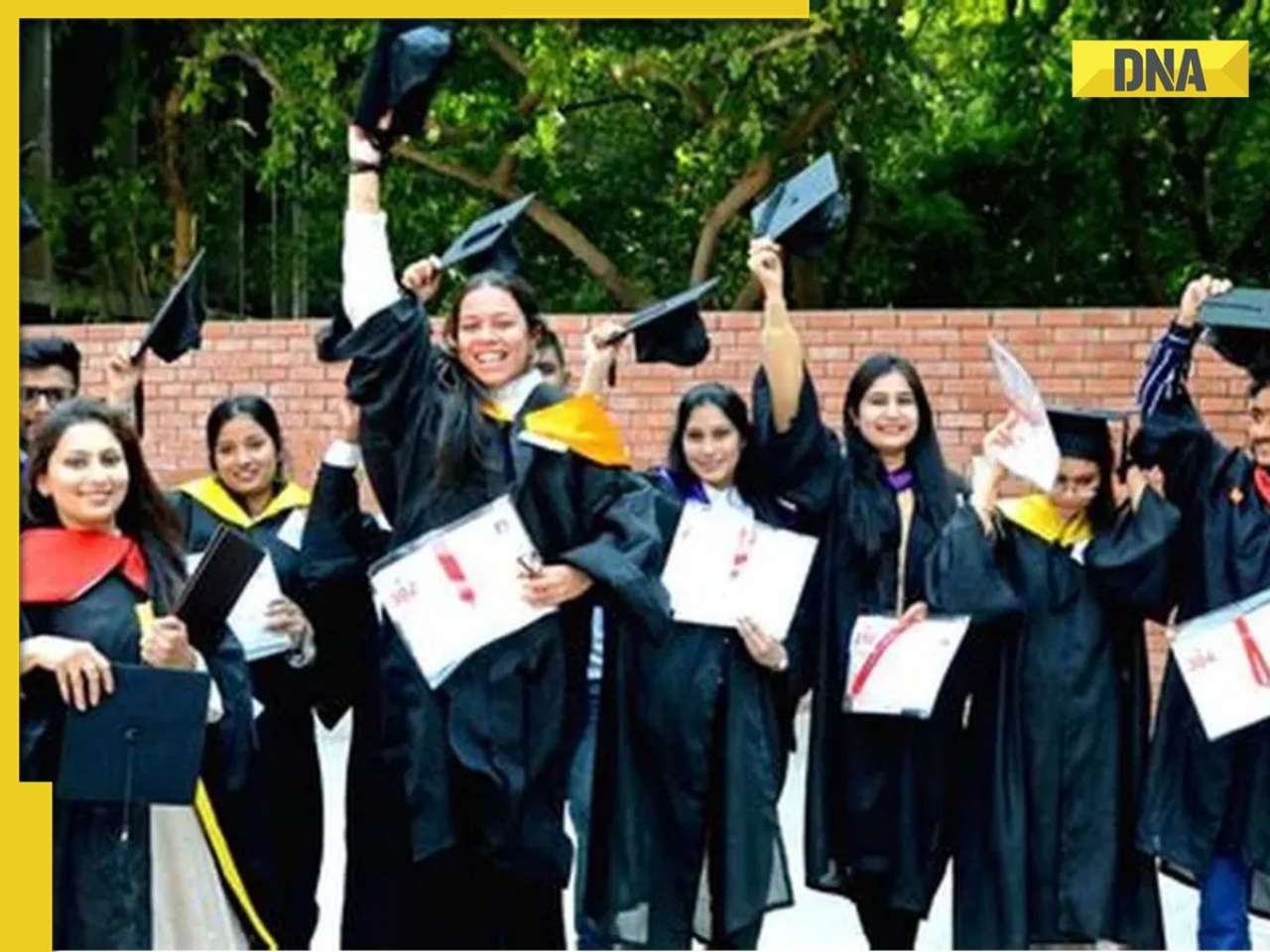Major General (Retd) ALM Fazlur Rahman of Bangladesh once headed the Bangladesh Rifles (now Border Guard Bangladesh) and is said to be close to Bangladesh’s current chief advisor Muhammad Yunus, he shared his provocative idea in Bengali on Facebook.
A retired Bangladeshi military officer has stirred controversy with a bold and alarming statement. Major General (Retd) ALM Fazlur Rahman recently suggested that if India launches a military strike on Pakistan over the deadly terror attack in Jammu and Kashmir’s Pahalgam—which killed 26 people—then Bangladesh should invade and take control of India’s seven northeastern states. He even proposed that Bangladesh should join hands with China to make this plan possible. Rahman, who once headed the Bangladesh Rifles (now Border Guard Bangladesh) and is said to be close to Bangladesh’s current chief advisor Muhammad Yunus, shared this provocative idea in Bengali on Facebook. He wrote, “If India attacks Pakistan, Bangladesh will have to occupy seven states of northeast India. For this, we should start talks with China for a joint military plan.”
This statement comes at a sensitive time. India and Bangladesh are trying to improve their strained relationship, especially after former Bangladeshi Prime Minister Sheikh Hasina took asylum in India. India has also expressed concern about reports of attacks on Hindu minorities in Bangladesh. Tensions escalated further when Bangladesh’s chief advisor Muhammad Yunus, during a visit to China in March, made controversial comments about India’s northeastern states. He referred to them as the “Seven Sisters,” calling them landlocked and claiming they have no access to the sea. He then described Bangladesh as the “only guardian of the ocean” in the region—hinting at an opportunity for China’s growing economy. These remarks upset many leaders in India’s ruling party, the BJP. In response, India’s External Affairs Minister, S. Jaishankar, pointed out that India’s Northeast is becoming a key hub for regional trade and connectivity through BIMSTEC, with major investments in roads, railways, and waterways.
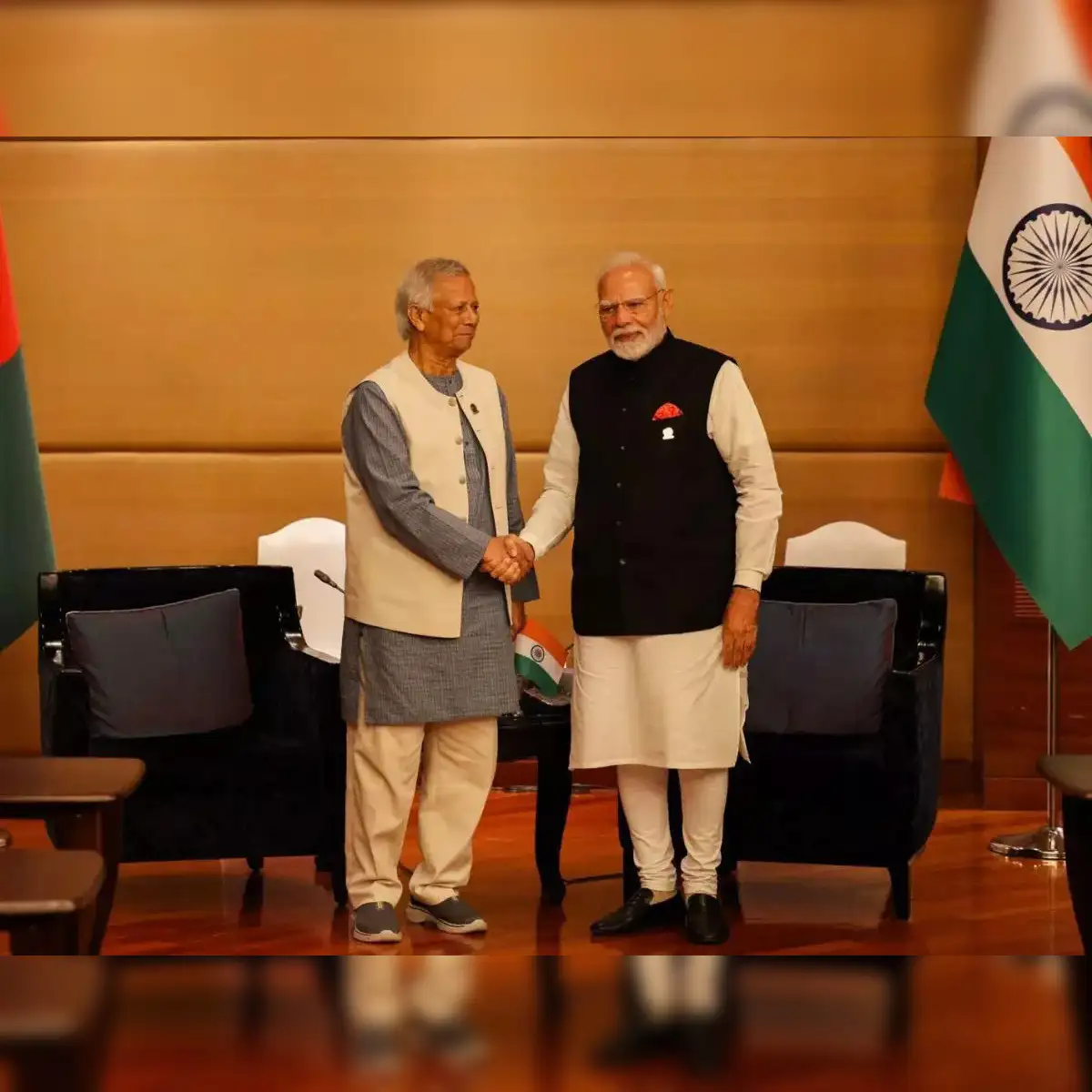
(Muhammad Yunus with Prime Minister Narendra Modi at BIMSTEC Summit in Thailand)
The situation worsened when India recently ended a five-year agreement that had allowed Bangladeshi export cargo to move through Indian ports and airports. The decision, India said, was due to congestion and high traffic. Meanwhile, China continues to send weapons, warships, and ammunition to both Bangladesh and the Maldives. This has raised serious questions: Why is China arming these two Muslim-majority countries? What is its strategy? And how could it use these alliances if conflict breaks out between India and Pakistan?
What is BIMSTEC?
BIMSTEC stands for the Bay of Bengal Initiative for Multi-Sectoral Technical and Economic Cooperation. It’s a group of seven countries—India, Bangladesh, Sri Lanka, Thailand, Myanmar, Nepal, and Bhutan—that work together to boost trade, connectivity, and development in the Bay of Bengal region. Formed in 1997, BIMSTEC aims to improve economic growth, strengthen cooperation in areas like transport and energy, and fight terrorism together. For India, it is also a way to better connect its northeastern states with the Bay of Bengal and reduce China’s growing influence.
What Are seven sister states?
The “Seven Sisters” is a term used to describe the seven northeastern states of India. They are called the Seven Sisters because they are geographically close, culturally similar, and depend on each other for trade and development. The term was coined in 1972 by journalist Jyoti Prasad Saikia from Tripura during a radio talk show. He later wrote a book on the subject. These states are connected to the rest of India through a narrow piece of land called the Siliguri Corridor, also known as the “Chicken’s Neck.” Sikkim is another northeastern state nearby, but since it’s separated by this corridor, it is sometimes referred to as the Seven Sisters’ “brother.”
Why Is China Arming Bangladesh, Maldives?
China has been supplying weapons to both Bangladesh and the Maldives for several years. Bangladesh has received submarines, warships, anti-ship missiles, and small arms—over 80% of its weapons now come from China. The Maldives, though smaller, has received patrol boats and maritime surveillance equipment. China is even exploring the possibility of creating a naval base in the Maldives.

(Prime Minister Narendra Modi with Chinese President Xi Jinping)
But why is China doing this?
Expanding Influence: China wants to dominate the Indian Ocean region, where India has traditionally held power. Giving weapons and loans to Bangladesh and the Maldives helps China gain influence. Creating Economic Dependence: China has funded large infrastructure projects in both countries as part of its Belt and Road Initiative. These projects often come with heavy loans, making it difficult for the countries to refuse China’s demands. Strategic Geography: Bangladesh is close to India’s sensitive Northeast, while the Maldives lies near crucial shipping lanes. Gaining influence here lets China challenge India’s regional strength.
China’s Strategy: Debt and Dependence
China’s plan is simple but smart—offer big loans and weapons to make these countries dependent. In Bangladesh, China built the Padma Bridge and power plants, but these came with high-interest loans. Bangladesh now owes China billions of dollars, giving China a powerful say in its decisions.
In the Maldives, China built the Sinamalé Bridge and other infrastructure. The country now has such high debt that it struggles to make independent choices. The military equipment given to both countries relies on Chinese parts and training, locking them into long-term dependency. This means China can indirectly push these countries to act in its interest—even if it hurts their neighbours like India.
How could China use Bangladesh, Maldives against India?
If war breaks out between India and Pakistan, China may not fight India directly. Instead, it might use Bangladesh and the Maldives to cause problems for India. Bangladesh: Rahman’s remarks show that some in Bangladesh might support China’s goals. With Chinese weapons, Bangladesh could stir unrest in India’s Northeast or try to disrupt the Siliguri Corridor, cutting off access to the Seven Sisters. This would make it hard for India to send soldiers or supplies to its northeastern region.

(Prime Minister Narendra Modi with Maldivian President Mohmad Muizzu)
Maldives: The Maldives could allow Chinese naval ships or submarines to dock in its ports. This would force India to divide its naval resources—watching both Pakistan in the west and China in the south. Even though Bangladesh and the Maldives are smaller countries, their role could distract India and stretch its military focus.
India’s Challenges, How It’s Responding
India faces a tricky situation. The Seven Sisters are far from mainland India, and the narrow Siliguri Corridor is a vulnerable spot. Rahman’s and Yunus’s comments hint that Bangladesh may be leaning toward China. The Maldives, too, under a pro-China government, seems to be drifting away from India.
To deal with this, India is taking several steps: Boosting BIMSTEC: India is using this regional platform to connect the Northeast with other friendly countries, reducing reliance on Bangladesh. Investing in the Northeast: India is building new roads, railways, and ports to turn the region into a trade hub. Strengthening Maldives ties: India is offering more help through education, tourism, and aid programs to regain lost ground.
(The author of this article is a Defence, Aerospace & Political Analyst based in Bengaluru. He is also Director of ADD Engineering Components, India, Pvt. Ltd, a subsidiary of ADD Engineering GmbH, Germany. You can reach him at: girishlinganna@gmail.com)
(Disclaimer: The views expressed above are the author's own and do not reflect those of DNA)
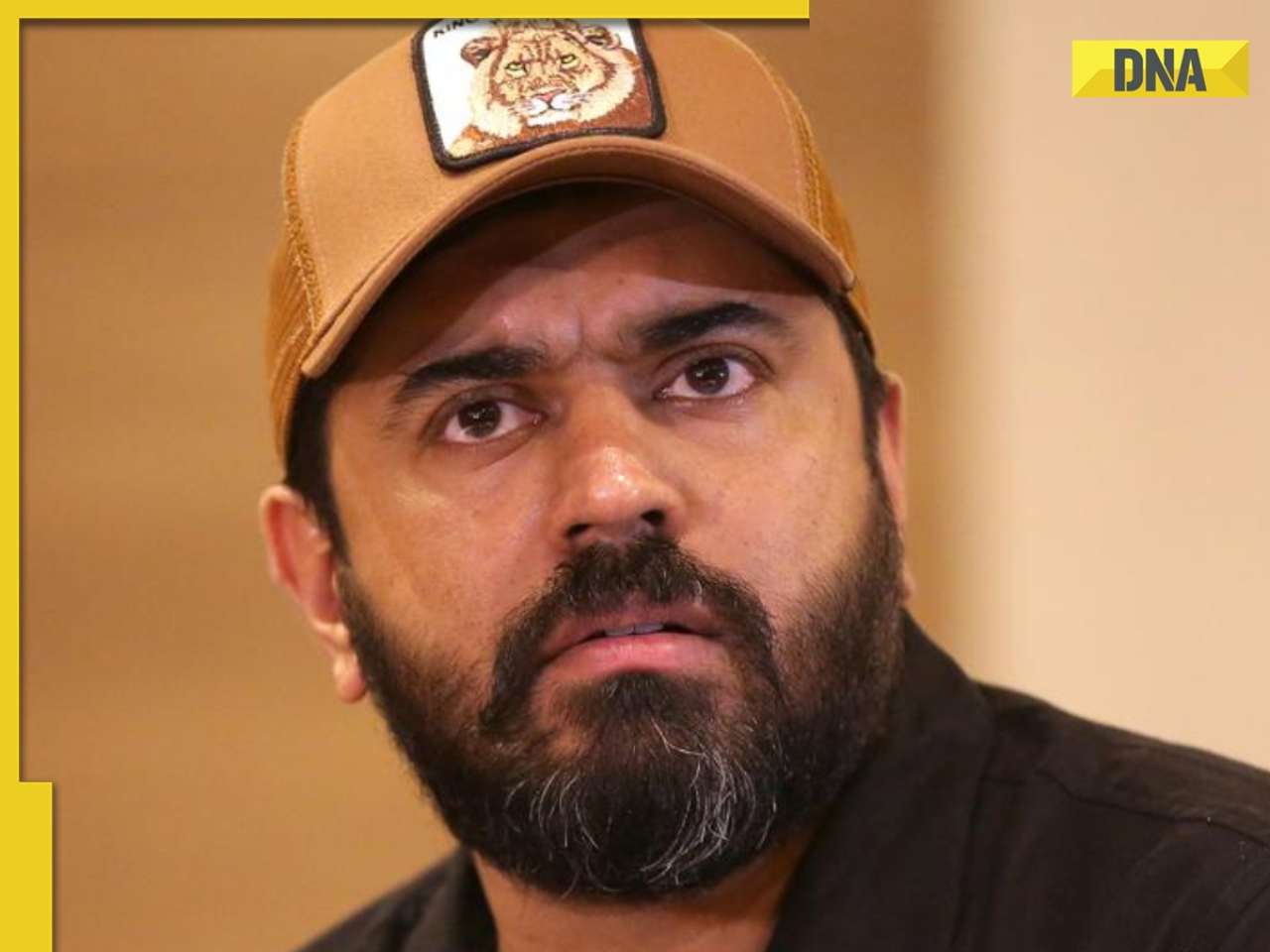 Cheating case filed against Malayalam actor Nivin Pauly, director Abrid Shine for this reason
Cheating case filed against Malayalam actor Nivin Pauly, director Abrid Shine for this reason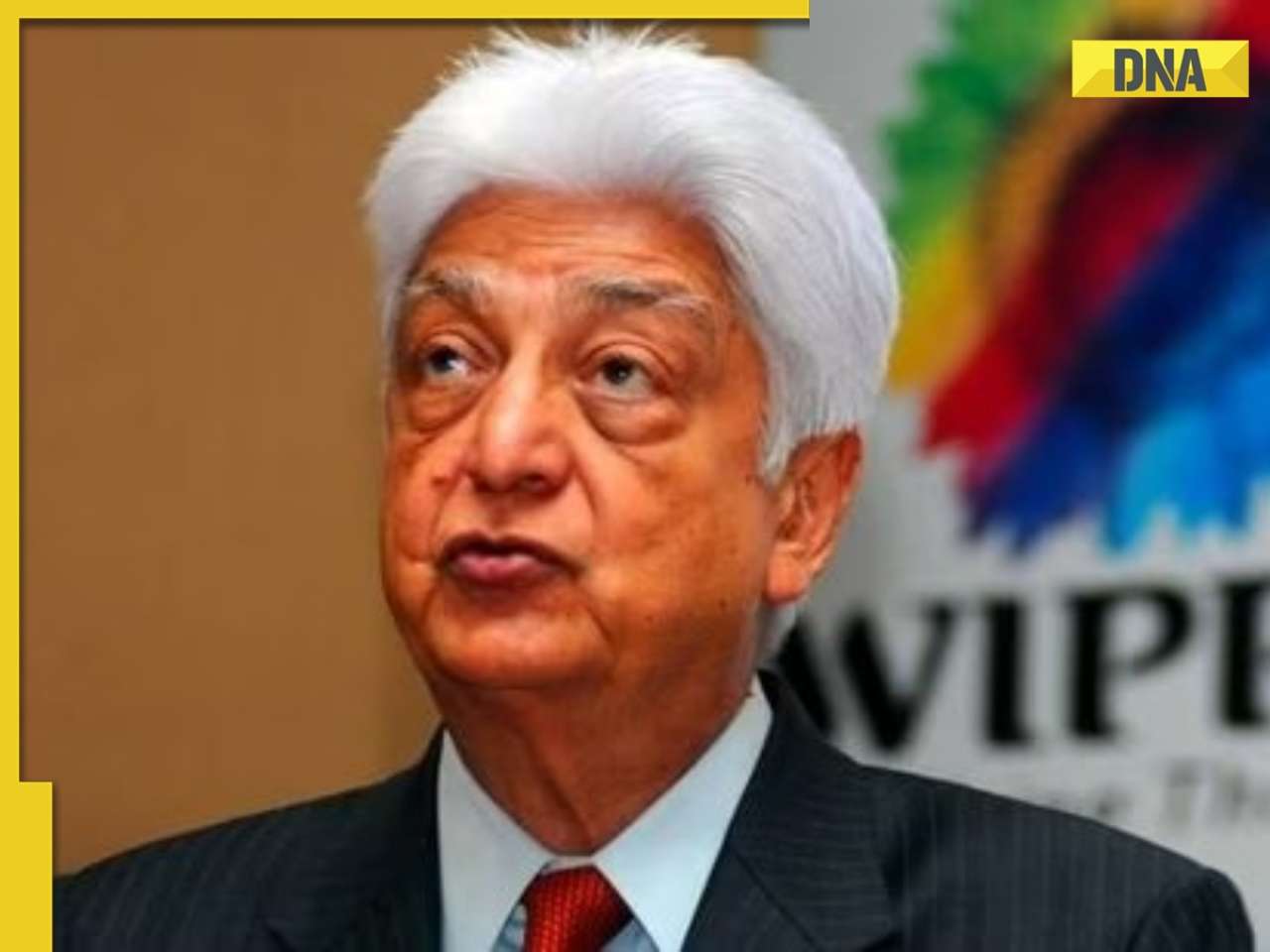 Good news for Azim Premji as Wipro beats estimates, its Q1 FY26 net profit rises to Rs...
Good news for Azim Premji as Wipro beats estimates, its Q1 FY26 net profit rises to Rs... IND vs ENG 4th Test: No win in 89 years, dismissed twice in a day; Can Shubman Gill's men end India's Old Trafford jinx?
IND vs ENG 4th Test: No win in 89 years, dismissed twice in a day; Can Shubman Gill's men end India's Old Trafford jinx? Connie Francis, whose 1962 song Pretty Little Baby is now a viral sensation, dies at 87
Connie Francis, whose 1962 song Pretty Little Baby is now a viral sensation, dies at 87 Pepe Price Prediction: 10x Still In Sight, But Analysts Say This Token Has More Room To Run
Pepe Price Prediction: 10x Still In Sight, But Analysts Say This Token Has More Room To Run Russian Woman's Israeli Partner Makes Shocking Claims, Says 'A Daughter Was Born In Goa Cave!'
Russian Woman's Israeli Partner Makes Shocking Claims, Says 'A Daughter Was Born In Goa Cave!'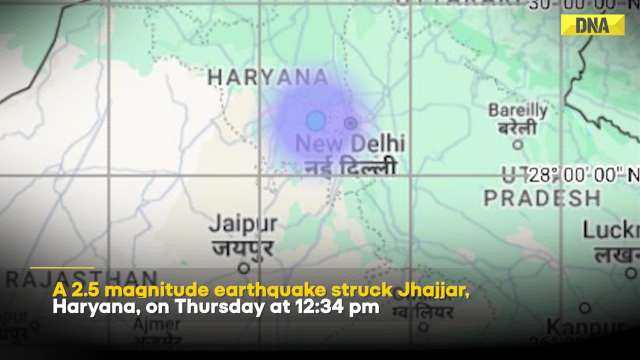 Delhi Earthquake News: Jhajjar Jolted by Third Quake in a Week, NCS Shares Data | Breaking News
Delhi Earthquake News: Jhajjar Jolted by Third Quake in a Week, NCS Shares Data | Breaking News Odisha Bandh Today | Congress-Led Odisha Bandh: What You Need to Know? | Odisha News | College Row
Odisha Bandh Today | Congress-Led Odisha Bandh: What You Need to Know? | Odisha News | College Row Amarnath Yatra News: Why Amarnath Yatra Suspended From Pahalgam Today? | Baltal Base Camp | Rainfall
Amarnath Yatra News: Why Amarnath Yatra Suspended From Pahalgam Today? | Baltal Base Camp | Rainfall Bengaluru Stampede: Karnataka Blames RCB For Stampede, Cites Virat Kohli's Video
Bengaluru Stampede: Karnataka Blames RCB For Stampede, Cites Virat Kohli's Video Good news for Azim Premji as Wipro beats estimates, its Q1 FY26 net profit rises to Rs...
Good news for Azim Premji as Wipro beats estimates, its Q1 FY26 net profit rises to Rs...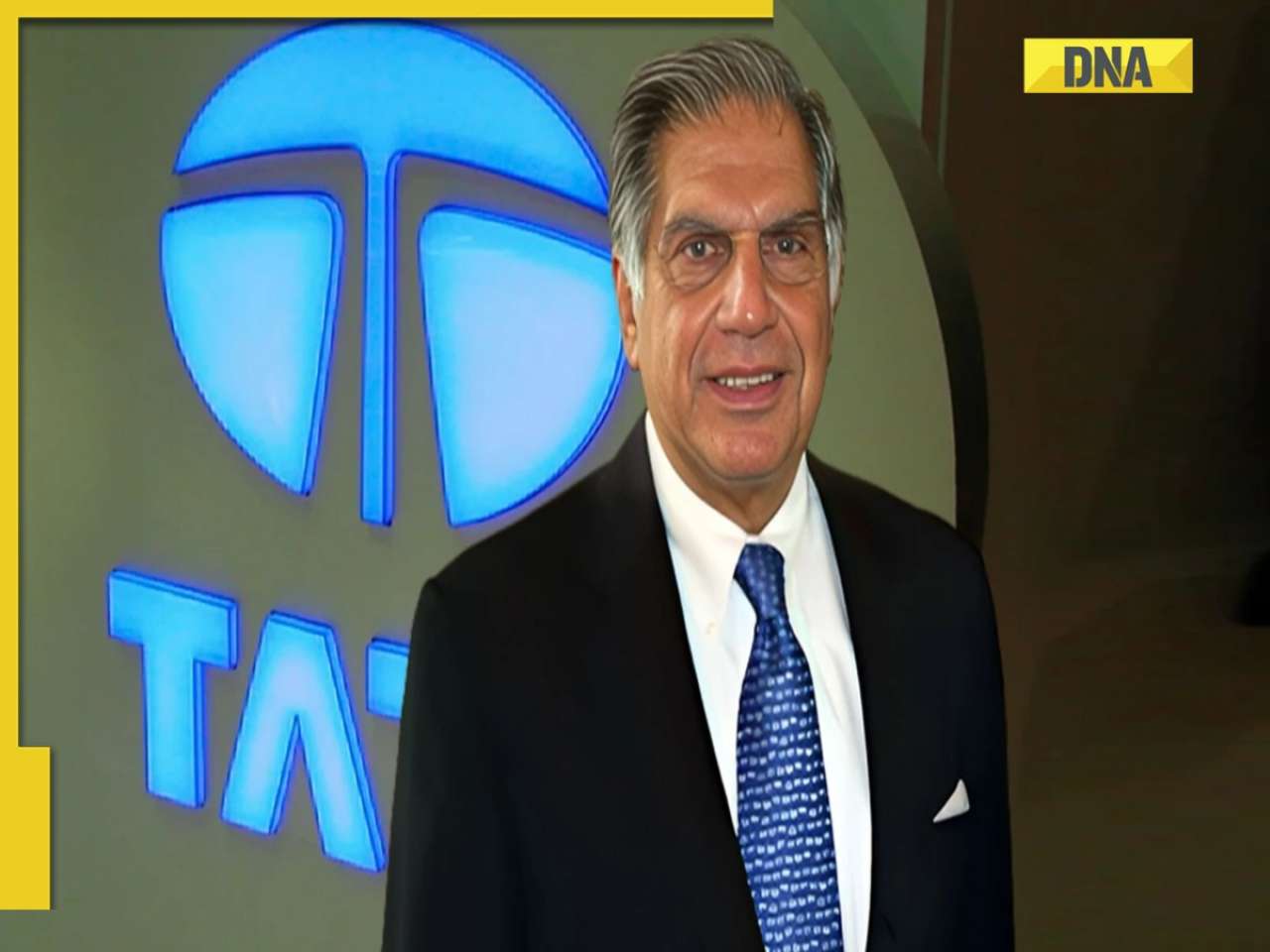 Tata Sons carries forward Ratan Tata's legacy, to invest $400 million in ..., details here
Tata Sons carries forward Ratan Tata's legacy, to invest $400 million in ..., details here Meet woman, daughter of Malaysia’s richest man, who studied at Harvard, now set to lead Rs 18852 crore empire as...
Meet woman, daughter of Malaysia’s richest man, who studied at Harvard, now set to lead Rs 18852 crore empire as... Dolly Chaiwala is expanding 'Dolly ki Tapri', over 1600 have applied in just 2 days, the cost of the franchise model is Rs...
Dolly Chaiwala is expanding 'Dolly ki Tapri', over 1600 have applied in just 2 days, the cost of the franchise model is Rs... Sunil Mittal makes BIG move as Airtel teams up with Perplexity offering FREE subscription of...; check details
Sunil Mittal makes BIG move as Airtel teams up with Perplexity offering FREE subscription of...; check details Bollywood actress Ananya Panday steals spotlight in pink Athleisure wear: See Pics
Bollywood actress Ananya Panday steals spotlight in pink Athleisure wear: See Pics In PICS: Keerthy Suresh turns heads in bold colour rainbow lehenga for upcoming film promotions
In PICS: Keerthy Suresh turns heads in bold colour rainbow lehenga for upcoming film promotions From Padmaavat to Devdas: 5 Bollywood movies that spent crores on costumes and jewels
From Padmaavat to Devdas: 5 Bollywood movies that spent crores on costumes and jewels Shah Rukh Khan-Kajol’s 5 iconic love stories that had 90s kids convinced they were real couple
Shah Rukh Khan-Kajol’s 5 iconic love stories that had 90s kids convinced they were real couple Pehla Tu Duja Tu, Po Po and other Ajay Devgn’s most meme-worthy dance moments
Pehla Tu Duja Tu, Po Po and other Ajay Devgn’s most meme-worthy dance moments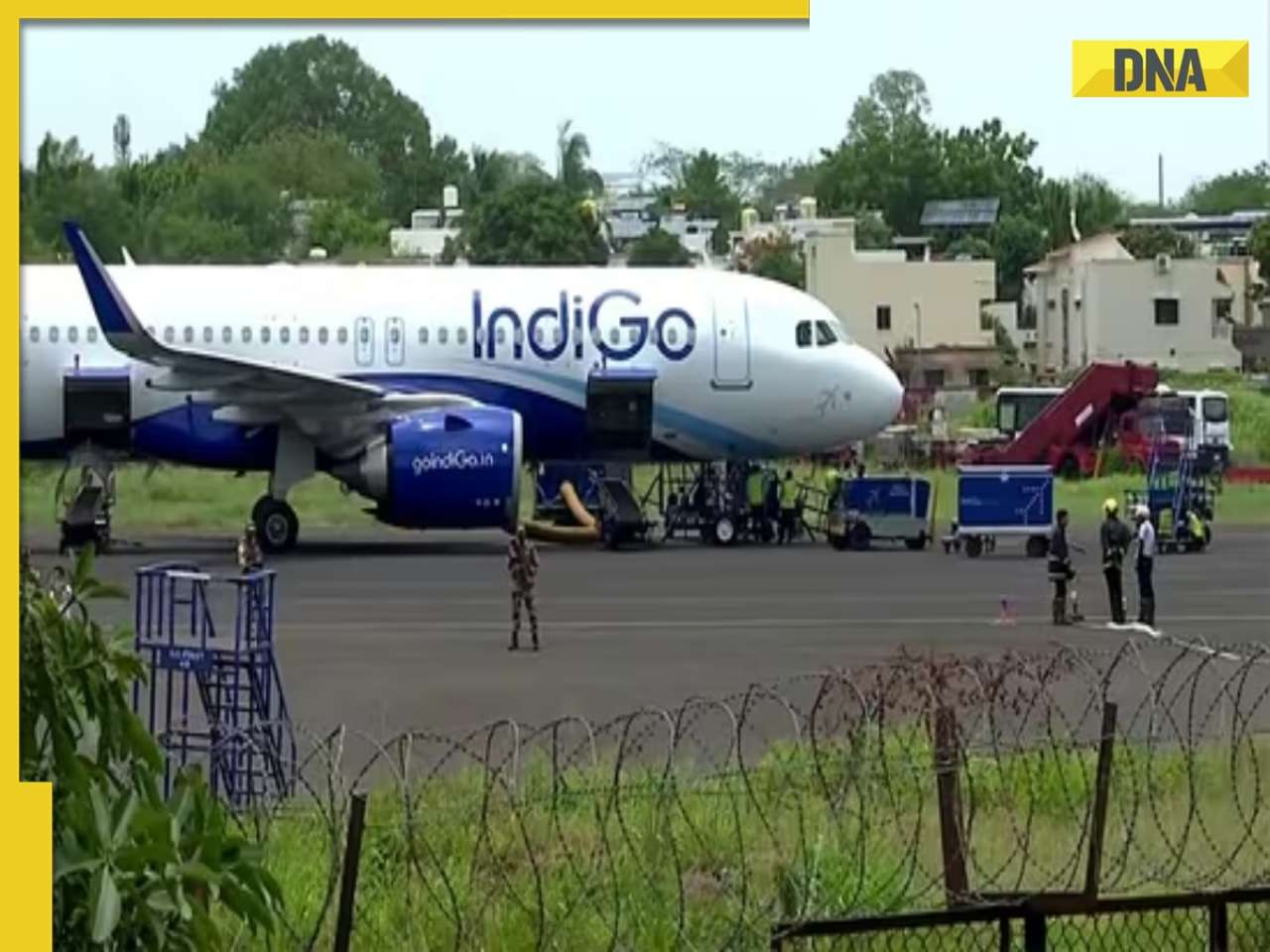 IndiGo Delhi-Imphal flight returns shortly after takeoff due to mid-air technical snag
IndiGo Delhi-Imphal flight returns shortly after takeoff due to mid-air technical snag  Who was Chandan Mishra? Bihar gangster who was shot dead by 5 gunmen in Patna hospital
Who was Chandan Mishra? Bihar gangster who was shot dead by 5 gunmen in Patna hospital Nimisha Priya case: Victim's family refuses to pardon her, will Kerala nurse be executed? Islamic Laws say...
Nimisha Priya case: Victim's family refuses to pardon her, will Kerala nurse be executed? Islamic Laws say...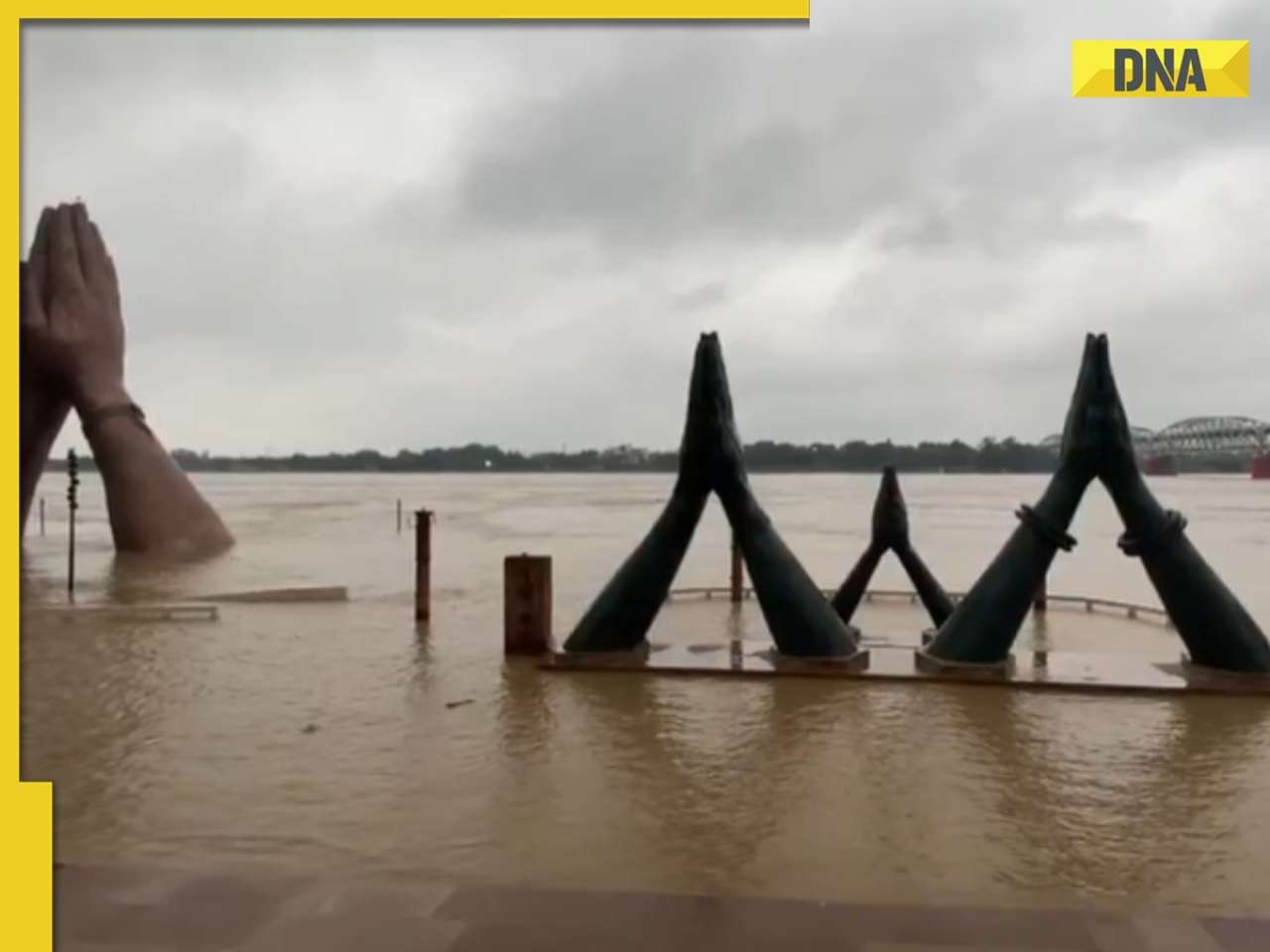 Uttar Pradesh flood alert: Ganga water level rises in Varanasi, Prayagraj and other districts of UP after heavy rainfall
Uttar Pradesh flood alert: Ganga water level rises in Varanasi, Prayagraj and other districts of UP after heavy rainfall At least 60 killed in massive fire at Iraq shopping mall, horrific video surfaces
At least 60 killed in massive fire at Iraq shopping mall, horrific video surfaces Student from this college bags record-breaking salary package of Rs 1.45 crore first time in 25 years, not IIT Bombay, IIT Delhi, IIM Ahmedabad, it is...
Student from this college bags record-breaking salary package of Rs 1.45 crore first time in 25 years, not IIT Bombay, IIT Delhi, IIM Ahmedabad, it is... Meet woman, as beautiful as any Bollywood actress, cracked UPSC exam but did not become IAS officer due to...
Meet woman, as beautiful as any Bollywood actress, cracked UPSC exam but did not become IAS officer due to... Meet woman, daughter of DTC bus driver, a JNU alumna who battled financial woes, later cracked UPSC with AIR..., she is...
Meet woman, daughter of DTC bus driver, a JNU alumna who battled financial woes, later cracked UPSC with AIR..., she is... Meet woman, DU grad, who cleared UPSC in her last attempt with AIR..., later became IAS officer, is 'perfect example of beauty with brain', she is...
Meet woman, DU grad, who cleared UPSC in her last attempt with AIR..., later became IAS officer, is 'perfect example of beauty with brain', she is...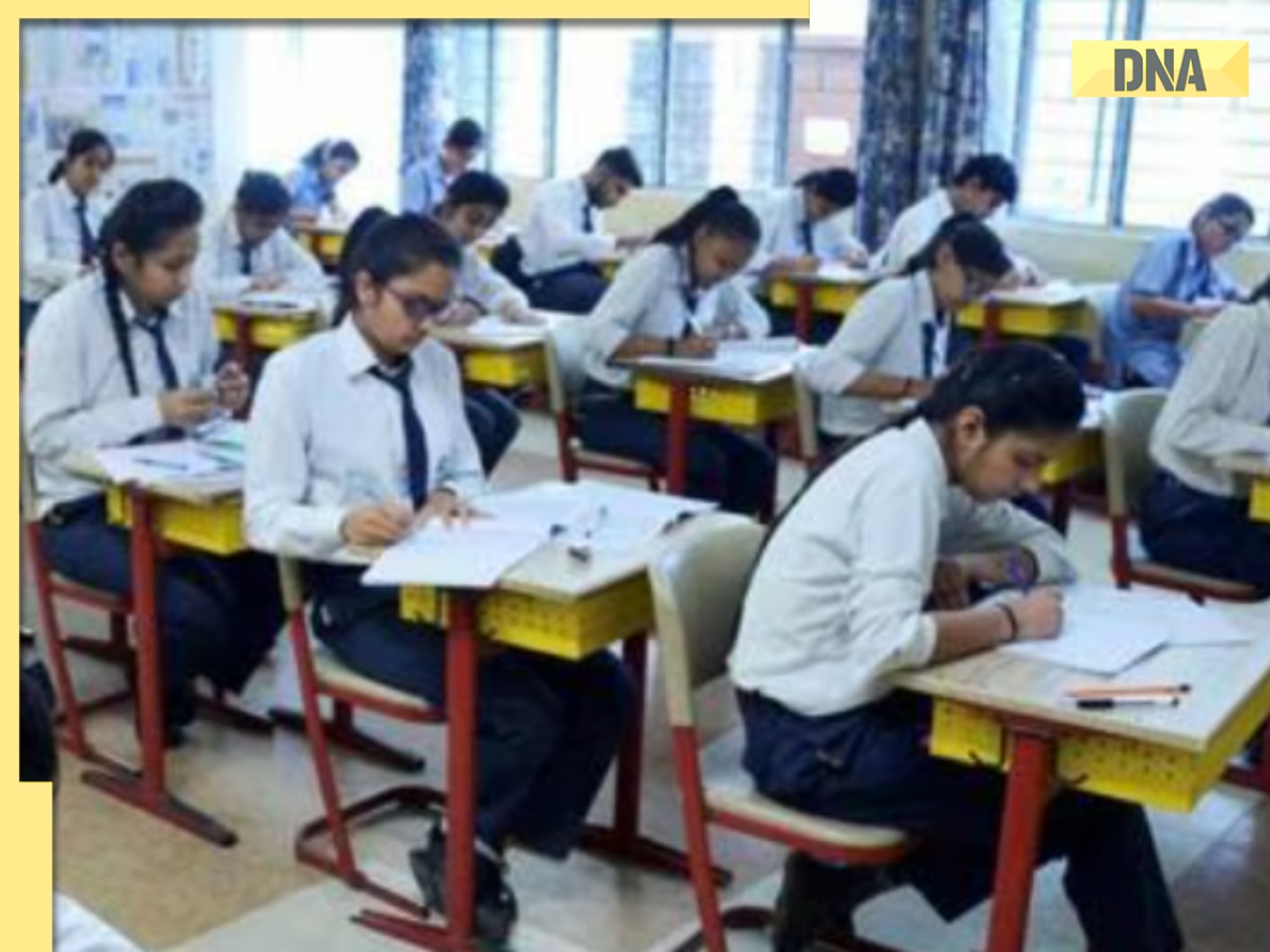 CBSE pushes for 'Oil Boards’, healthy meals in new circular to schools: Check details
CBSE pushes for 'Oil Boards’, healthy meals in new circular to schools: Check details This luxury car is first choice of Indians, even left BMW, Jaguar, Audi behind in sales, it is...
This luxury car is first choice of Indians, even left BMW, Jaguar, Audi behind in sales, it is... Kia India unveils Carens Clavis: Check features, design changes, price and more; bookings open on...
Kia India unveils Carens Clavis: Check features, design changes, price and more; bookings open on... Tesla CEO Elon Musk launches most affordable Cybertruck, but it costs Rs 830000 more than older version, it is worth Rs...
Tesla CEO Elon Musk launches most affordable Cybertruck, but it costs Rs 830000 more than older version, it is worth Rs... Planning to buy a Maruti Suzuki car? Prices set to rise by 4% from...
Planning to buy a Maruti Suzuki car? Prices set to rise by 4% from... Audi launches Audi RS Q8 2025 in India: Know price, specifications and unique features
Audi launches Audi RS Q8 2025 in India: Know price, specifications and unique features 









)
)
)
)
)
)
)
)
)
)
)
)
)
)
)
)




